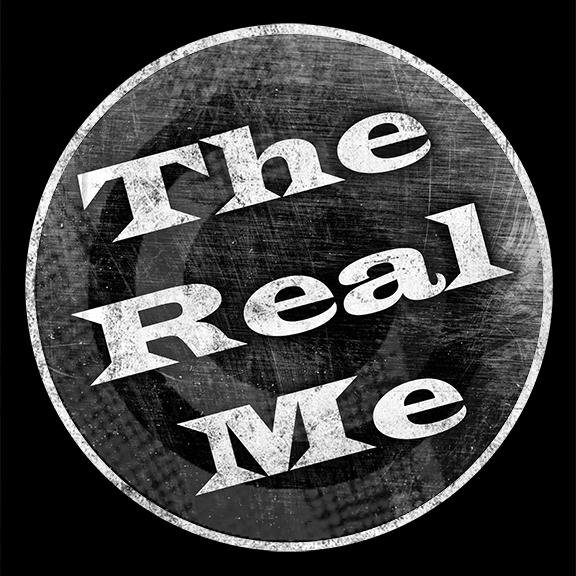A641.9.3.RB - Becoming
A Resonant Leader
Dear Younger Me,
Here
you are 10 years later looking back on your life, did you accomplish the goals
you set out to achieve? Did you utilize the individuals designated in your
personal board of directors to push you along the way and encourage you? Your
vision when you were younger was to travel the world to explore new sights, you
wanted to climb the corporate ladder to break the glass ceiling, and you wanted
to strengthen your faith and learn more about the Bible, did any of your
desires happen?
When
you were in your early thirties, you had a dream to see the world, experience
different cultures, and embrace change because that was one area where you
struggled to let go and just live. At the top of the list was going to Alaska
to see the aurora borealis and visit Italy to see the beautiful architecture
and food. Did you cross off additional states on your mission to see all 50 in
the United States? For each of your dreams a budget would have been necessary,
did you budget each month and set aside money for your trips to make them
feasible? You were a very scheduled, organized, and meticulous about the way
you traveled, especially with your children. I hope you took the time to book
the cruise to Alaska to enjoy a carefree get away to step outside your comfort
zone. Lauren, your best friend, and Phillip, your husband, loved adventures as
much as you, utilizing them to build your travel resume would have been
beneficial because they lived less strategic lives and more on the side of
freedom. Jenny, did you take the time to learn from their ways of living and
challenge yourself to take a chance, to enjoy life on a new level?
When
you were in your early thirties, your job was working with military veterans at
the University; you had a passion for your job. However, you wanted to climb
the corporate ladder because you wanted to break the glass ceiling. Susan, who
worked in your department, was influential, motivating, and encouraging to push
you outside of your comfort zone to strengthen your confidence and skills. Did
you learn from her and take on the challenges where you were encouraged to do?
One area of improvement was your fear of looking at a challenge as a negative,
did you change your mindset to think positively about challenges in order to grow
and build your skills? Lambert (2014) stated that one actually becomes wiser
and inoculated against stress by having to deal with it early on. He went on to
further explain that growing because of trials can be compared to the oyster
that has a little piece of sand lodged inside; the oyster makes the most of its
trial and makes a beautiful pearl. When the opportunity provided, did you apply
for the director or assistant director position in your department? The first
time you applied, you missed the chance due to knowledge involving computer
systems and programs; I hope you took the time to learn as much as you could to
build your knowledge, skills, and understanding. Jenny, if you took the chance
for the director position and were not chosen for the job I hope you looked
elsewhere to find the leadership position and challenged your knowledge,
skills, and abilities. You wanted to travel and see the world, this would not
be possible if you were a sitting duck in the position you were at 32, and you
should have pushed yourself to the next level. It was important you constantly
reminded yourself to keep trying even if you did not get what you wanted,
something greater was always ahead, you should not have stopped chasing your
dreams. The key element to reaching your goals was finishing your Master’s
degree, the leadership in your department needed to see your commitment to
finishing tasks you begin.
Finally,
David the Youth Pastor at your church was in your life for a specific purpose;
he was there to teach you knowledge, wisdom, understanding of the Bible,
patience, and to help you grow as a Christian. You worked with the high school
kids, did you continue on this journey as a youth sponsor and leader for them? Did
you explore books of the Bible in-depth to further your knowledge? McKee,
Boyatizis, Johnston (2008) stated that people who are direction oriented plan
for the future but stop short of setting a certain path to pursue and do not
get too specific. However, (2008) went on to say that direction oriented
individuals tend to be highly attuned to their environment and are good at
spotting opportunities that can leverage in pursuit of their dreams or a
vision. With this knowledge, did you use this to fulfill your dreams and
passions to understand your faith on a deeper level and grow from experience?
I
conclude with this, you had many dreams, some bigger than others but you had
individuals in your life to help you reach each goal and pursue your dreams. Looking
back, I hope you took the opportunity to learn from each one, stepped outside
of your comfort zone, and embraced the changes and trials you could not control.
Lambert, N. (2014, August 22). How Greater Challenges Help You Grow. Retrieved March 8, 2017, from Psychology Today website: https://www.psychologytoday.com/blog/strive-thrive/201408/how-greater-challenges-help-you-grow
Mckee, A., Boyatzis, R.,
& Johnston, F. (2008). Becomming a Resonant Leader. In Becoming a
Resonant Leader (pp. 151-174). Boston, MA: Harvard Business School
Publishing.
